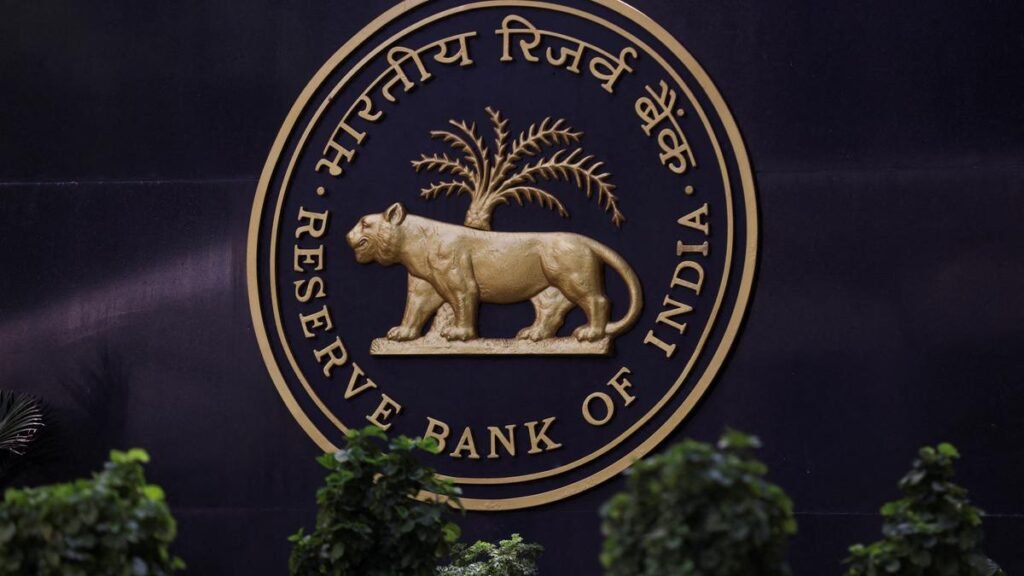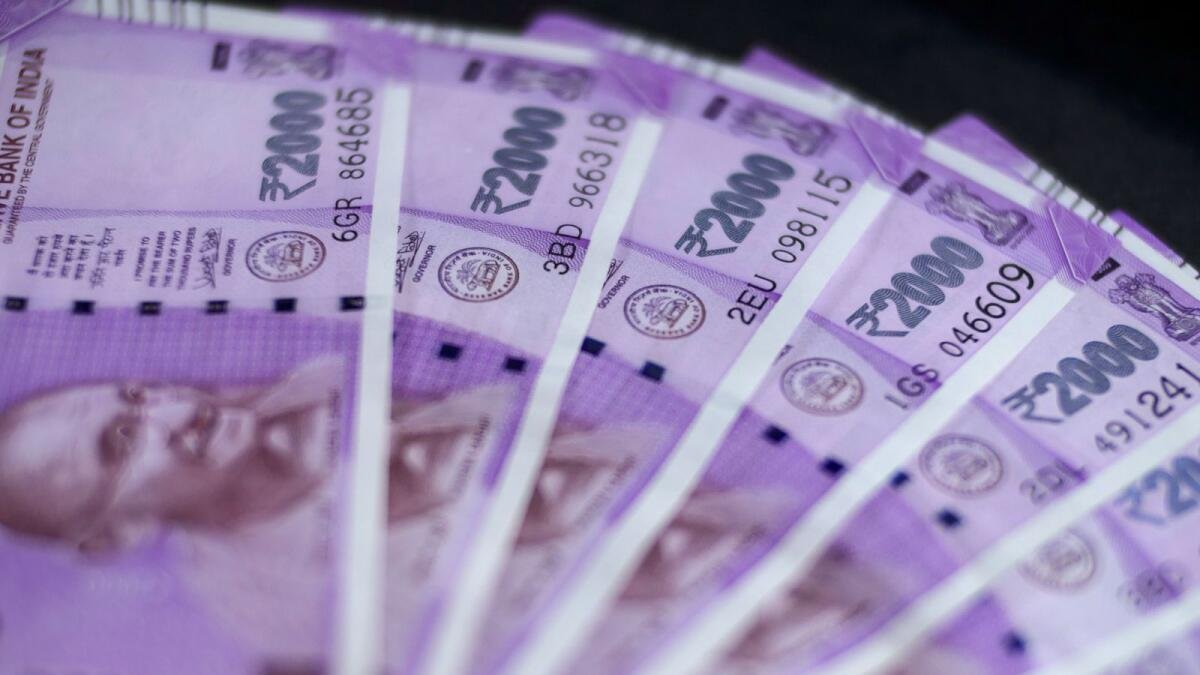
This targeted measure strengthens market depth and yield stability without resorting to rate changes or large-scale open market operations, while reinforcing the rupee’s role in cross-border trade settlement, he added
| Photo Credit:
FRANCIS MASCARENHAS
The Reserve Bank of India (RBI) has allowed non-residents maintaining a Special Rupee Vostro Account (SRVA) for international trade settlement in Indian Rupees to invest their surplus balance in this account in Central Government Securities (including Treasury Bills).
This move comes in the wake of the central bank last week simplifying the procedure for opening SRVAs, whereby banks’ authorised to deal in foreign exchange (ADs) are no longer be required to seek prior central bank approval for opening SRVAs of correspondent foreign banks. .
Venkatakrishnan Srinivasan, Founder and Managing Partner, Rockfort Fincap LLP, observed that such investments will follow the same overall limits and stipulations that apply to Foreign Portfolio Investors (FPIs) under the General Route, but with a key relaxation —SRVA investments are exempt from the short-term maturity cap that normally applies to FPI holdings.
The circular also puts the onus on Authorised Dealer Category-I banks to open dedicated security accounts for SRVA holders, give them access to the NDS-OM trading platform, report all transactions, and ensure compliance with applicable regulations.
Global and domestic factors
Venkatakrishnan said: “The timing of the tweak in the Master Direction is notable: with the 10-year G-sec yield inching toward 6.50 per cent , the rupee weakening on global and domestic factors, and traders anticipating an extended policy pause, demand for long-dated government paper has been tepid.
“By enabling idle rupee balances—often accumulated through trade settlements—to be directly channelled into the G-Sec market, RBI is broadening the investor base, boosting potential demand at auctions, and adding a supportive layer of liquidity.”
This targeted measure strengthens market depth and yield stability without resorting to rate changes or large-scale open market operations, while reinforcing the rupee’s role in cross-border trade settlement, he added.
Published on August 12, 2025





